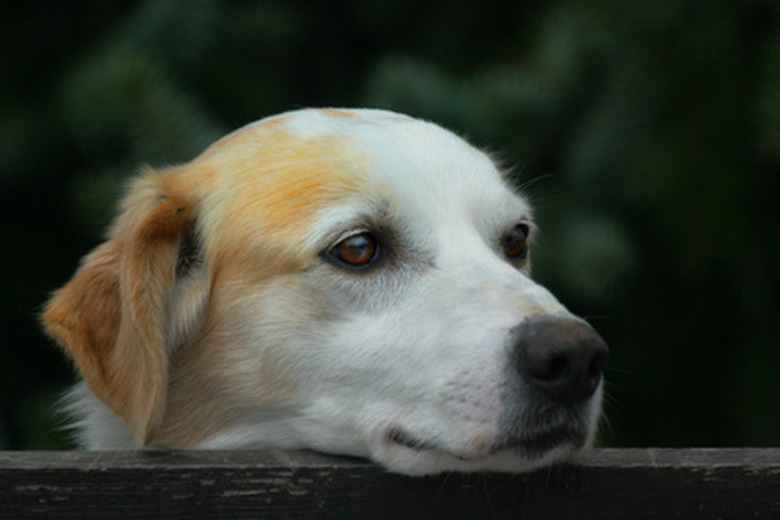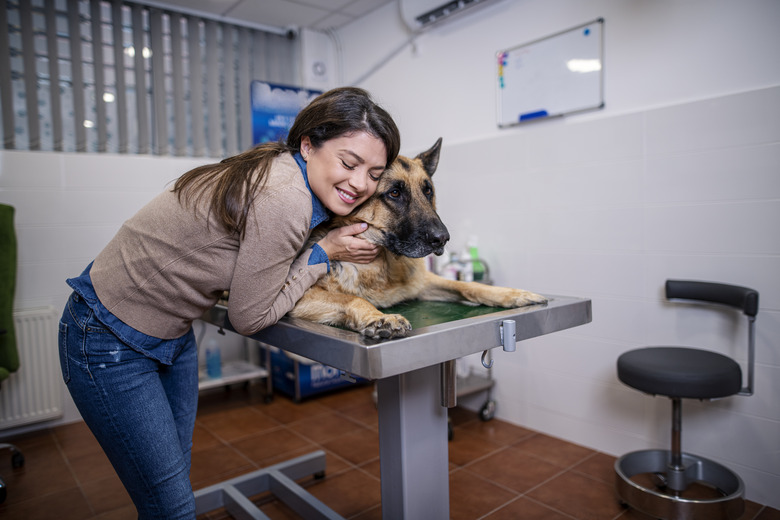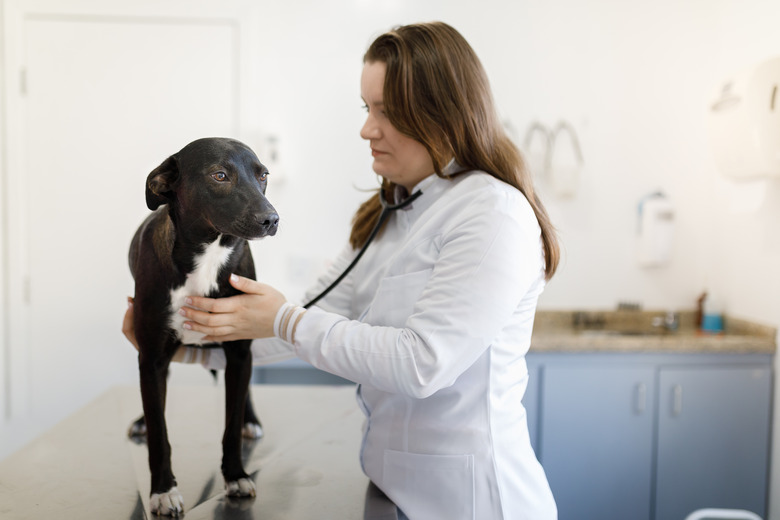Itchy Skin On A Dog After Surgery
Has your dog recently undergone surgery? The days and weeks that follow any surgical procedure are important. As a dog owner and lover, you want to do everything that you can to make them feel comfortable and help them heal quickly. This includes monitoring them carefully for any sign of complications. If you notice your dog itching after surgery, don't stress. Itching is a common side effect as the surgical wound heals. Do your best to help relieve their itching and keep an eye open for any sign that there may be something more serious happening.
Causes of itchy skin after surgery
Causes of itchy skin after surgery
How long does itching last after surgery? This is going to depend on the reason that your dog is experiencing an itchy incision site. To give your dog relief from this irritation, you first have to understand what's causing it.
The most common reason for itching after surgery is the healing process. Early in your dog's recovery, there is probably still going to be swelling in the area. The body starts working to close the wound, which involves creating new skin while also fighting off any potential bacteria in the area. This activity often causes irritation, making the area both itchy and tender. Itching can also happen due to dry skin in the area.
Unfortunately, there are some more concerning causes. For some dogs, the itching is a sign that your dog is experiencing an allergic reaction either to the adhesive used after the operation or any medication that they are taking. It could also be a sign that the surgical site is infected. If you notice that the itching is severe or if you see any additional signs of trouble, like pus or a bad smell in the area, you should contact your veterinarian.
How to help your dog deal with post-surgery itching
How to help your dog deal with post-surgery itching
If your dog is itching their incision, you should take steps to stop them and prevent them from being able to reach it. Scratching, licking, or chewing at the surgical site can cause trauma to the wound. It can slow down the healing process and increase the risk of infection.
Keep the surgical site clean
The best prevention is caring for the surgical site by keeping it clean and dry. This will promote healing, reduce itching, and prevent infections. If the surgical site becomes soiled, you can carefully use a mild antiseptic cleanser and warm water to wipe the area. Rinse it carefully with clean water and try not to get water or soap into the incision itself.
Stop your dog from reaching the surgical site
Your veterinarian may have bandaged the area. If so, be sure to follow any recommended post-surgical care, including how often that bandage should be changed. If there isn't a bandage, you may be able to cover the area using a T-shirt or a pair of baby socks. An Elizabethan collar, also known as an e-collar or the "cone of shame," can also be used to stop licking or chewing.
Alleviate your dog's itching
You may be able to help by relieving the itchiness after surgery. Topical moisturizers, such as vitamin E and calendula extract, can help reduce dryness. Oatmeal baths may help soothe the skin. Before trying any of these home remedies, talk to your veterinarian.
When does an itchy wound after surgery need veterinary care?
When does an itchy wound after surgery need veterinary care?
Make sure to check your dog's incision daily for any signs that there could be a surgical complication. What starts as itching can quickly turn into something worse if it isn't addressed. If you notice an increase in swelling, discharge, or blood or if you notice the incision area is turning red, it's time to see your veterinarian. You should also contact your veterinarian immediately if you believe that your dog may have lost some stitches.


